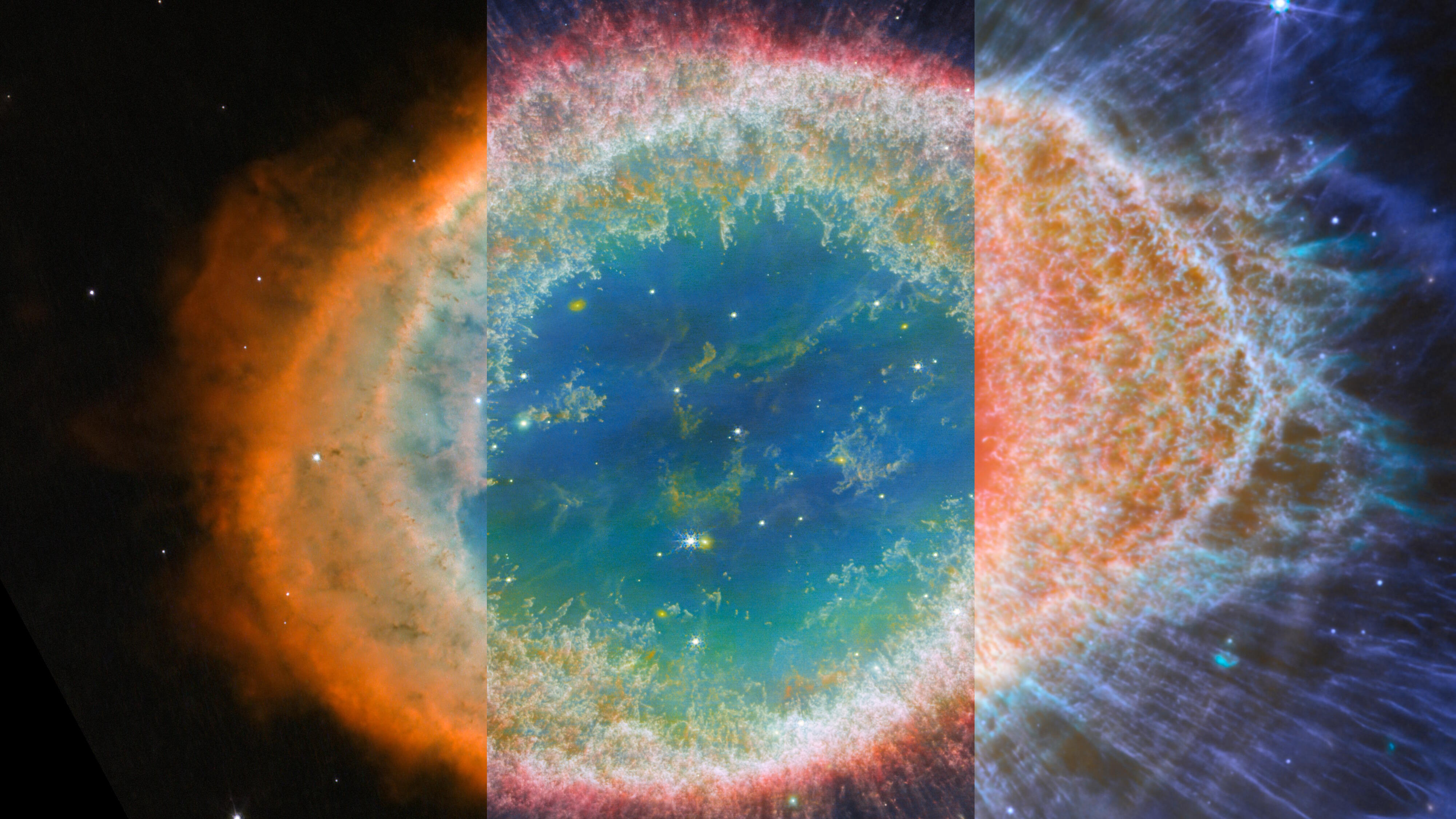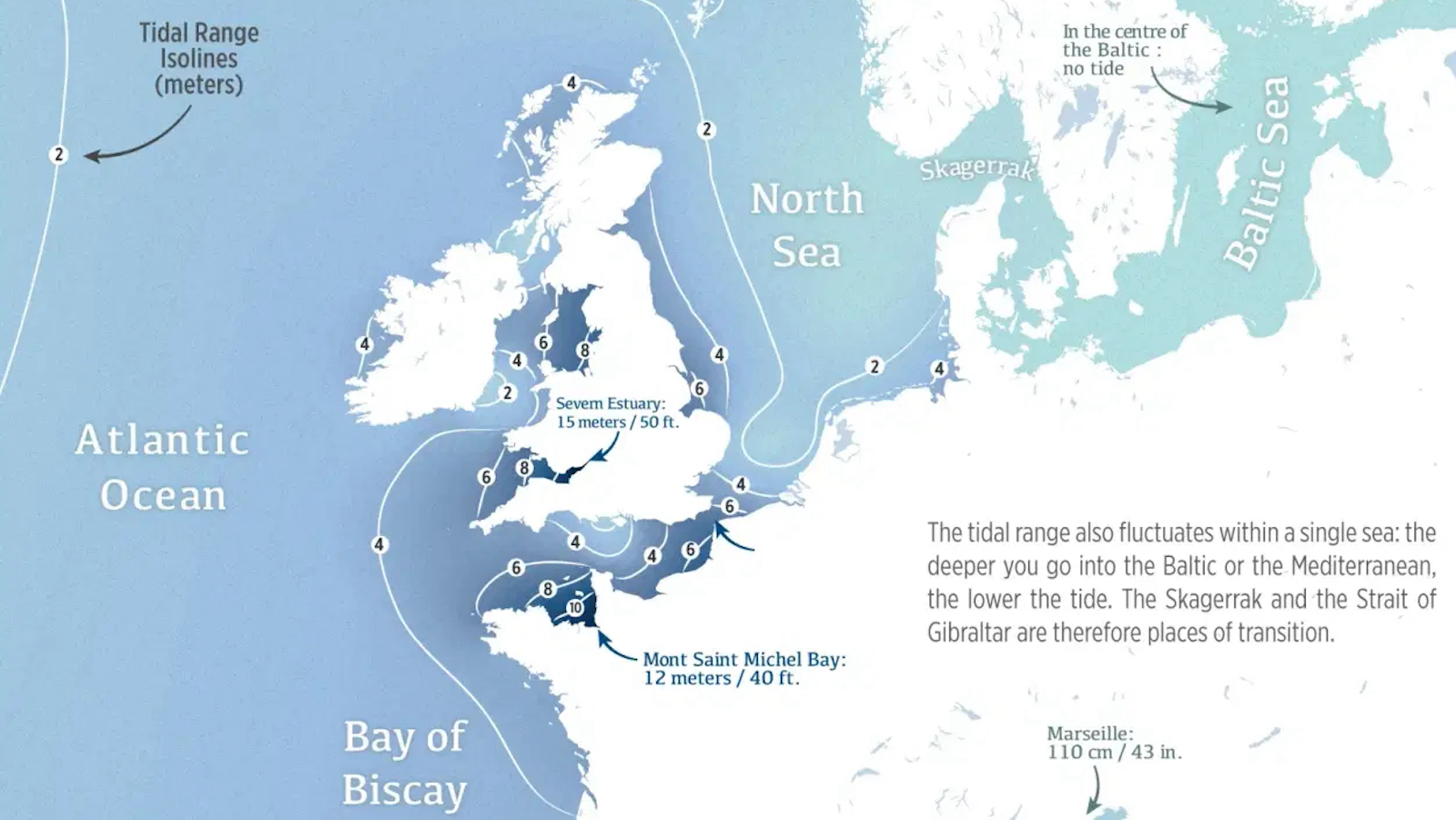A story of meditation, black coffee, and Safeway cakes.
Question: How did you getrnsober?
rnrnAnne Lamott: Howrndid I get sober? Well, I had—whenrnmy dad died when I was 25, my younger brother had been 20, my brother rnSteve,rnand he worked in landscape architect, he was a laborer, and one of his rnbestrnfriends had a father who was sober, named Jack. Whenrn our dad died, Steven moved in with this guy Jack andrnthere were all these sober people around his house all the time talking rnaboutrnhow much they loved being sober and prayer and meditation and helping rnothers,rnand they always had these horrible cakes from Safeway that I happen to rnreallyrnprefer to good bakery, because I mostly just like the icing, and they rnalways hadrnthis swill, this terrible coffee. rnAnd I was always drinking too much of this swill late at night, rnwhereasrnif I drink coffee at night, I would sleep again several days later. But, I got to be friends with thisrncharacter named Jack and he’d been a total lush like I am, and he said, rnyournknow, “We’re not drinking, one day at a time, and everything that we’d rneverrndreamt has happened for us.” And Irnsaid, “Well, I’m very religious, very spiritual without your little rnSafewayrncakes and swill." But like most drunks that had gotten sober, I got to rnthe pointrnwhere I was deteriorating faster than I could lower my standards. You know? So, I was getting to arn point where I was living in a wayrnthat involved waking up sick and with a lot of shame and just kind of rnanimalrnconfusion. And one day I calledrnJack and said, “What do I do?” Andrnhe said, “Why don’t I come over and we’ll talk.” So,rn that’s how I got sober and that’s how I stayed sober asrnpeople said, “Why don’t I come over and we’ll talk, and drink our bad rncoffeernlike communion together." Our badrncoffee and our Safeway cakes.
rnrnQuestion: What is thernspiritual path you’ve taken since sobering up?
rnrnAnne Lamott:rnWell, I became a Christian before I got sober. So I was a drunk, bulimicrnChristian. I wondered into the biracial church across the highway from rnwhere Irnlived when I was still drinking very heavily and using. Andrn the only reason I went in to thisrnchurch, which happened to be Presbyterian, was because it was across thern streetrnfrom a flea market and I was there a lot of Sunday mornings when I was rnso hungrnover. And when I’m hung over, I’mrndrawn to greasy food and lots of it. rnAnd then I would hear this gospel singing or the songs of the rnCivilrnRights Movement. When I grew up,rnmy parents were old lefties, I grew up on the Weavers and Pete Seeger rnand JoanrnBaez, and they would be singing a lot of the Civil Rights anthems, and rnso I’drnwander in because I’d run out of good ideas, and no one at my church rnhassledrnme. There were about 40 people andrnstill are only about 40 people. rnBut they didn’t try to get me to sign on the dotted line, or tellrn themrnwho shot the Holy Ghost, they just let me sit there and—they just let mern sitrnthere. And the air wasrnnutritious. Because there werernpeople who had put their money where their mouths were and they’d done rnthe workrnof social justice and they were true believers.
rnrnAnd I lived in the Bay Area, and still do, in the rnyears ofrnAllen Ginsberg and Gregory Corso and Gary Snyder, and Lawrence rnFerlinghetti atrnthis founding City Lights. Myrnfather loved the Beats and worked on a magazine that was very rnavant-garde inrnthe Bay Area with Evan Connell and a couple of people that were just rnliteraryrngiants. It was called Contact magazine, so I’d rnalways—andrnAllen Watts was around on his progressive Bay Area radio stations like rnKPFA. And so I grew up with the consciousness that Christianity was for rnpeople whornwere really stupid, but that there was something magical in the rnreligions ofrnthe East and that Buddhism was okay, and Hindu was okay because—Hinduismrn wasrnokay because Ginsberg was so wildly passionately, sensuously East in hisrnunderstanding of things, and so joyously so. And rnso I’ve always understood that meditation had to be part of—orrnwas part of the natural path and so I’ve always sort of dabbled in it. And the main expression of my spirituality has been rnthis little church that I go to, and my sobriety. Thern path of recovery and—I’m a terriblernChristian and meditating is very hard for me, and I do it. rn I do it badly, like I do a lot ofrnthings. I believe in doing thingsrnbadly. I believe in listening tornthe—what calls you from your heart and your spirit and if you do it rnbadly, likernlearning to dance, you do it badly or you’re going to kick yourself whenrn yourngrow old and you meant to do it.
Recorded April 6, 2010
rnInterviewed by Austin Allenrn





